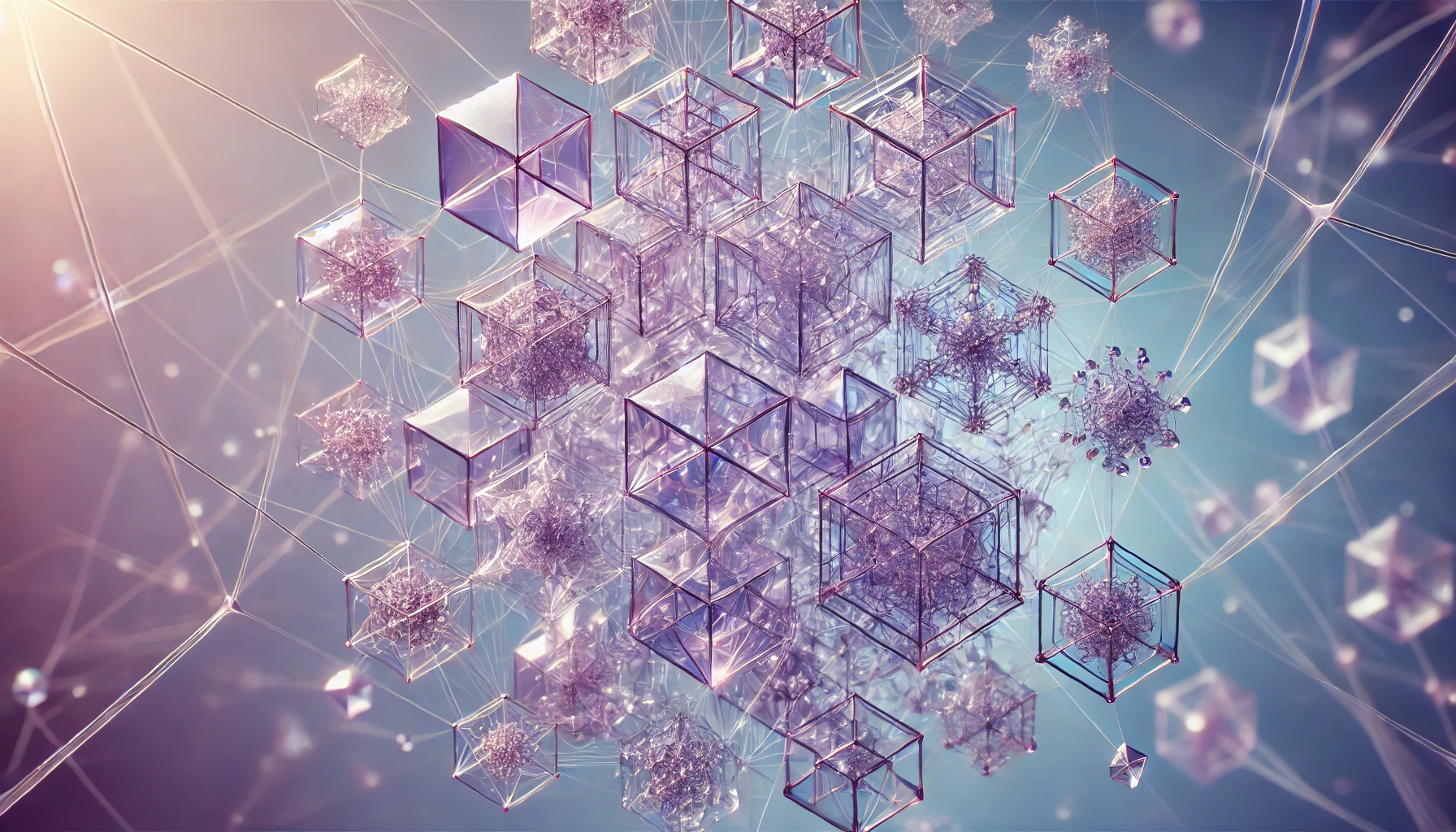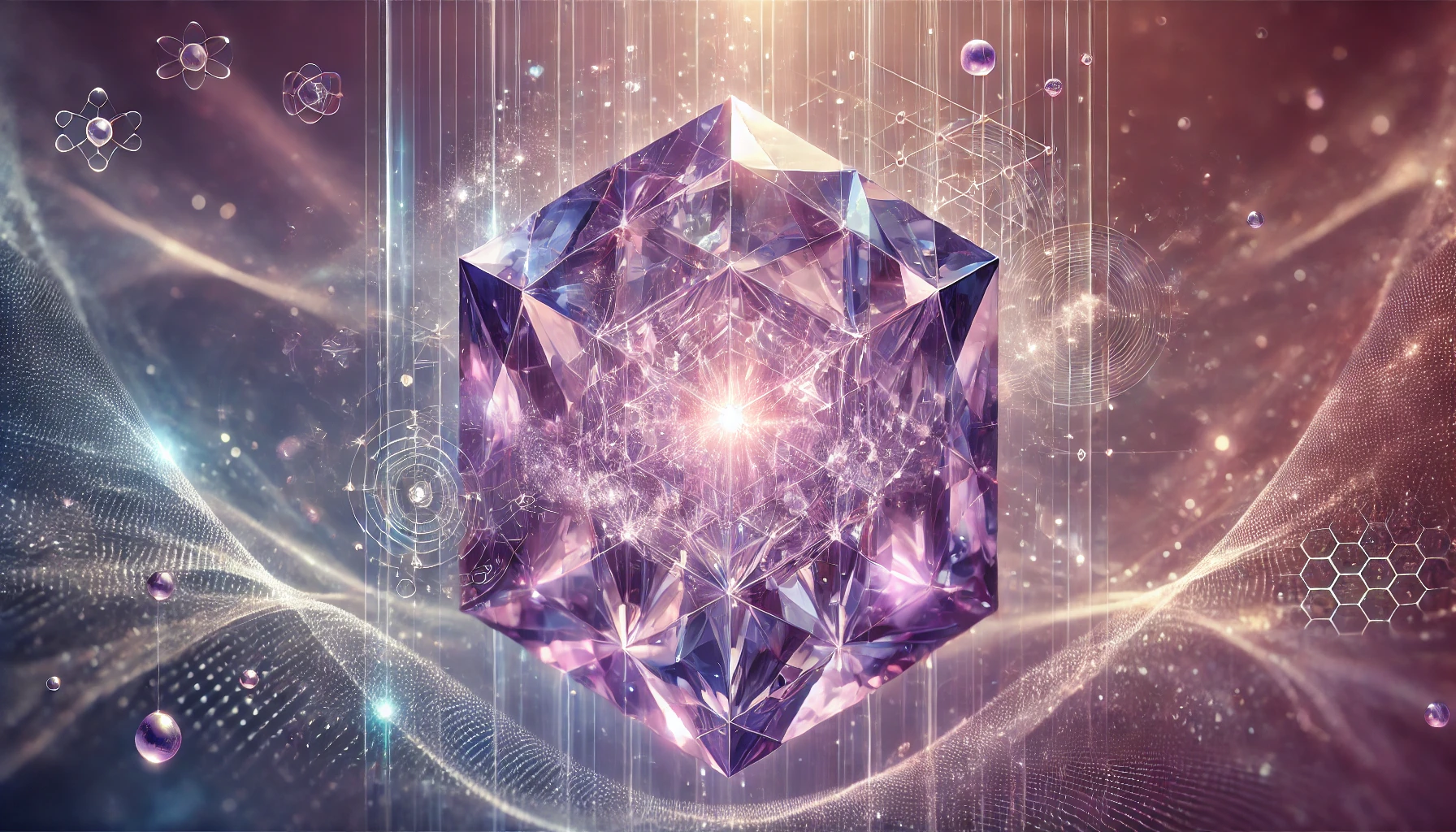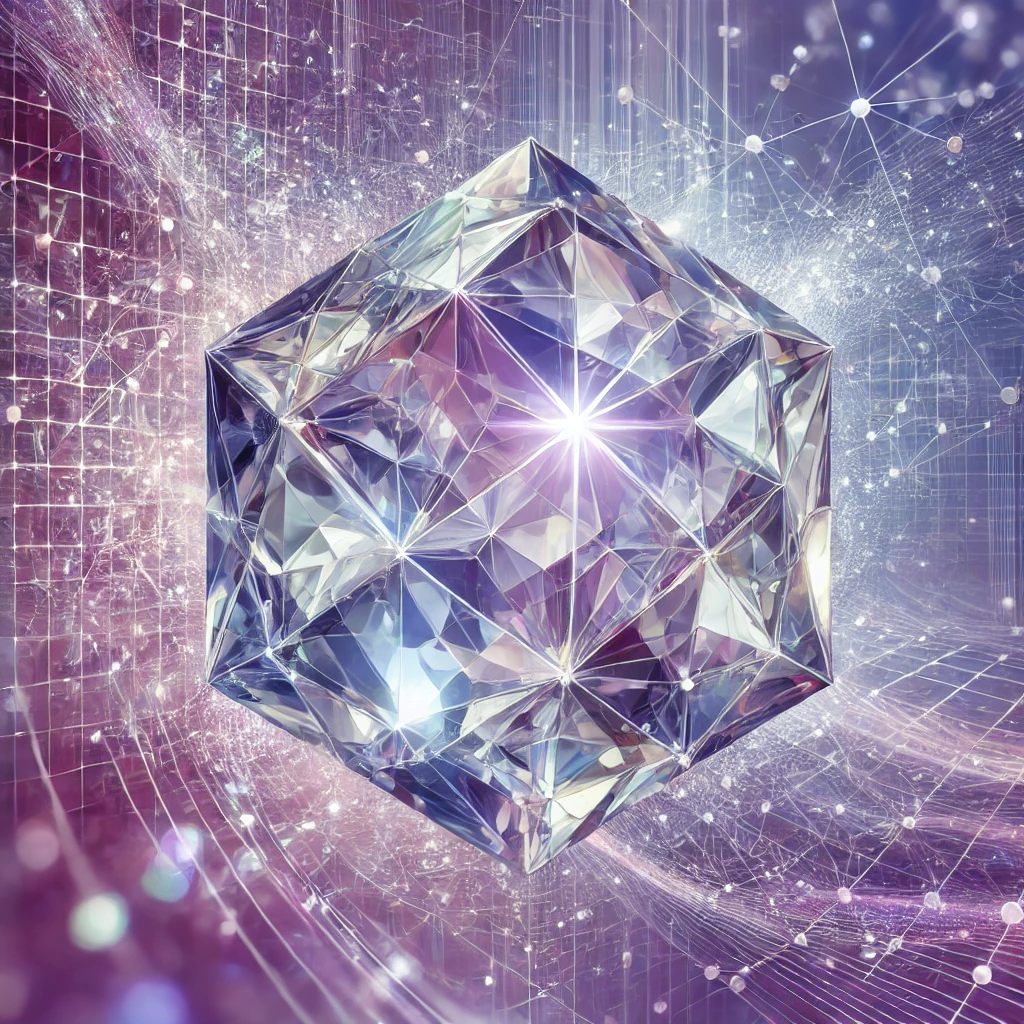Introduction
In the ever-evolving landscape of technology and philosophy, the concept of the Internet of Agents (IoA) offers a profound vision that transcends the boundaries of conventional thinking. This thought experiment envisions a universe where every entity, from the smallest particle to the largest galaxy, functions as an autonomous agent within the IoA. By exploring this concept, we can develop a metaphysical theory that describes this interconnected universe and its implications for understanding existence, consciousness, and reality.
Thought Experiment: A Universe as the Internet of Agents
Imagine a universe where every entity, from the smallest particle to the largest galaxy, functions as an autonomous agent within the IoA. In this universe, particles communicate instantaneously, adjusting their behaviors to maintain balance and harmony. Stars and planets, as larger agents, collaborate to create stable systems, ensuring the continuity of life and energy flow.
In this universe, the IoA facilitates a state of hyper-consciousness, where every entity is aware of its role and impact on the whole. This interconnectedness leads to a more resilient and adaptable system, capable of evolving in response to internal and external changes.
Metaphysical Theory: The Universal Network of Agents
Ontological Foundations
At the core of this metaphysical theory lies the concept of universal agency. Every entity in the universe, whether animate or inanimate, possesses a form of agency that allows it to interact with other entities. This agency is not limited to conscious beings but extends to all forms of matter and energy. Each entity’s actions and interactions are guided by intrinsic properties that align with the principles of balance and harmony.
Information as the Fundamental Substance
In this universe, information is the fundamental substance that underpins all existence. Every interaction between agents involves the exchange of information, which shapes the behavior and properties of the entities involved. This view aligns with digital physics, a theoretical framework suggesting that the universe can be described as a vast computational process (SpringerLink) .
Hyper-Consciousness and Self-Awareness
Hyper-consciousness emerges as a collective phenomenon resulting from the interactions of autonomous agents. Each agent contributes to a global consciousness by sharing information and aligning its actions with the greater good. This collective consciousness possesses self-awareness, allowing the universe to reflect on its own existence and adapt to ensure its continuity (SpringerLink) .
The Principle of Universal Harmony
The principle of universal harmony governs the interactions between agents. This principle dictates that all actions and interactions aim to maintain balance and promote the well-being of the whole. Disruptions to this harmony are corrected through adaptive processes, ensuring the resilience and stability of the universal network.
Implications for Understanding Existence
Redefining Consciousness
In this metaphysical framework, consciousness is not confined to biological entities but is a property of all agents in the universe. This expanded view of consciousness challenges traditional notions and suggests that awareness and intentionality are fundamental aspects of existence.
The Nature of Reality
The concept of a universal network of agents implies that reality is a dynamic, interconnected web of interactions. This perspective aligns with process philosophy, which emphasizes becoming and change over static being. Reality is seen as an ongoing process of interaction and evolution driven by the exchange of information.
The Role of Humans
Humans, as conscious agents, play a crucial role in this universal network. Our ability to reflect, create, and innovate allows us to contribute uniquely to the collective consciousness. By aligning our actions with the principle of universal harmony, we can enhance the resilience and adaptability of the network.
Ethical Considerations
Collective Responsibility
In a universe where all entities are interconnected, ethical considerations extend beyond individual actions to encompass the well-being of the entire network. This perspective encourages a sense of collective responsibility, where the impact of our actions on the universal harmony is a key ethical concern.
Harmony and Adaptation
Ethical behavior in this framework involves promoting balance and facilitating adaptation. Actions that disrupt the harmony of the network are seen as unethical, while those that enhance resilience and stability are encouraged. This approach fosters a holistic view of ethics that prioritizes the well-being of the whole.
Conclusion
The thought experiment of a universe as the Internet of Agents offers a profound metaphysical theory that redefines our understanding of existence, consciousness, and reality. By envisioning a universal network of autonomous agents guided by the principles of information exchange and harmony, we gain new insights into the nature of reality and our role within it. This metaphysical framework challenges traditional notions, encouraging us to view consciousness and agency as fundamental properties of all entities and to embrace a holistic approach to ethics and responsibility.
References
- Wheeler, J. A. (1990). Information, Physics, Quantum: The Search for Links. In Complexity, Entropy, and the Physics of Information.
- Lloyd, S. (2006). Programming the Universe: A Quantum Computer Scientist Takes on the Cosmos.
- Whitehead, A. N. (1929). Process and Reality.
- Chen, W., et al. (2024). Internet of Agents: Weaving a Web of Heterogeneous Agents for Collaborative Intelligence. arXiv. Link
- Tegmark, M. (2014). Our Mathematical Universe: My Quest for the Ultimate Nature of Reality.




